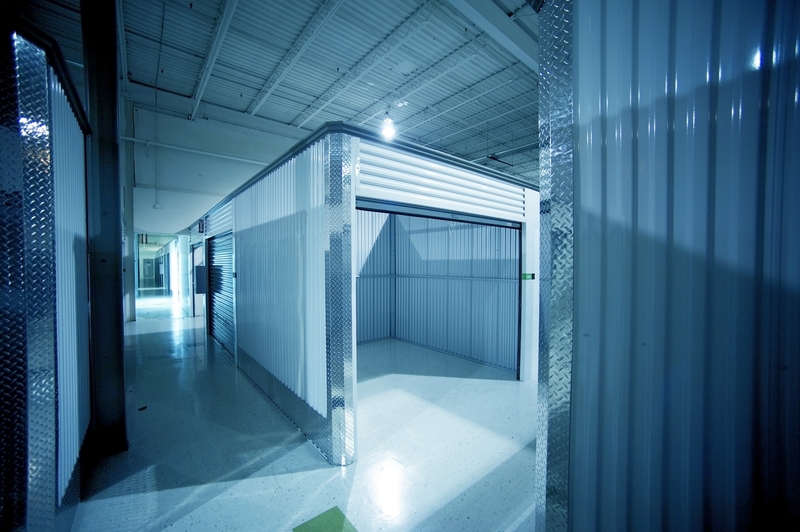Important Aspects to Check During a House Visit
Posted on 08/04/2025
Before sealing the deal on your dream home, it's crucial to conduct a thorough house visit. A property may seem perfect in photos, but an on-site visit can reveal potential issues and confirm if it truly meets your needs. Let's explore the important aspects to check during a house visit to ensure you're making a sound investment.
1. Structural Integrity
The foundation and overall structural integrity of a house are paramount. Look for cracks in the walls, ceilings, and floors as they can indicate underlying problems. Check doorframes and windows for any signs of warping or uneven gaps. Ensure the roof appears sturdy, without missing shingles or signs of water damage.

2. Electrical Systems
A safe and up-to-date electrical system is essential. Test all light switches and outlets to make sure they work properly. Check the electrical panel for any outdated or faulty wiring. Ask about the age of the electrical system and if it meets current codes and regulations.
3. Plumbing
Inspect the plumbing system for leaks, water stains, and corrosion. Turn on faucets to check water pressure and temperature control. Listen for unusual noises in the pipes. Inspect under sinks and around toilets for signs of water damage or mold. Ensure the septic system or public sewage connection is functioning correctly.
4. HVAC Systems
Heating, ventilation, and air conditioning (HVAC) systems are vital for comfort and energy efficiency. Test the HVAC system to ensure it heats and cools the home effectively. Check the age and maintenance history of the units. Look for signs of wear and potential issues, like unusual noises or inconsistent airflow.
5. Insulation and Windows
Proper insulation keeps a home comfortable and energy-efficient. Inspect the attic, walls, and crawl spaces for adequate insulation. Check windows and doors for gaps or drafts. Double-pane windows are preferable, as they provide better insulation and noise reduction.
6. Exterior Condition
The exterior of the house should be in good condition. Inspect the siding, paint, and trim for signs of damage or rot. Check if the property has proper drainage to prevent water from pooling around the foundation. Inspect the driveway and walkways for cracks or uneven surfaces.
7. Pest Infestation
Look for signs of pests such as droppings, nests, or damage to the structure. Common pests include termites, rodents, and insects. A professional inspection may be necessary to identify potential issues.
8. Neighborhood Quality
The surrounding neighborhood significantly impacts your living experience. Visit the area at different times of the day to gauge noise levels and activity. Check the proximity to essential services like schools, hospitals, and grocery stores. Assess the safety, cleanliness, and general vibe of the community.
Pros and Cons
Pros:
- A thorough inspection can save money on future repairs.
- Identifying potential problems early provides negotiating power.
- Ensures the home meets safety standards and regulations.
- Peace of mind knowing the true condition of the property.
Cons:
- Can be time-consuming and requires attention to detail.
- Potential additional cost for professional inspections.
- May reveal issues that cause second thoughts about the purchase.
Tips
- Bring a checklist to ensure you cover all important aspects.
- Take detailed notes and photos during your visit.
- Ask questions about any concerns or observations.
- Consider hiring professionals for specialized inspections.
- Visit multiple times to get a complete picture of the property.

Takeaways
A house visit is a critical step in the home-buying process. Check structural integrity, electrical systems, plumbing, HVAC systems, insulation, and the exterior condition. Be mindful of pests and the neighborhood quality. Understanding the pros and cons of thorough inspections can help make an informed decision.
Conclusion
Conducting a thorough house visit is essential before purchasing any property. By paying attention to these critical aspects, you can ensure the home is a good investment and meets your needs. Always take your time, ask questions, and don't hesitate to seek professional advice to make the best decision possible.














